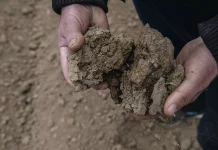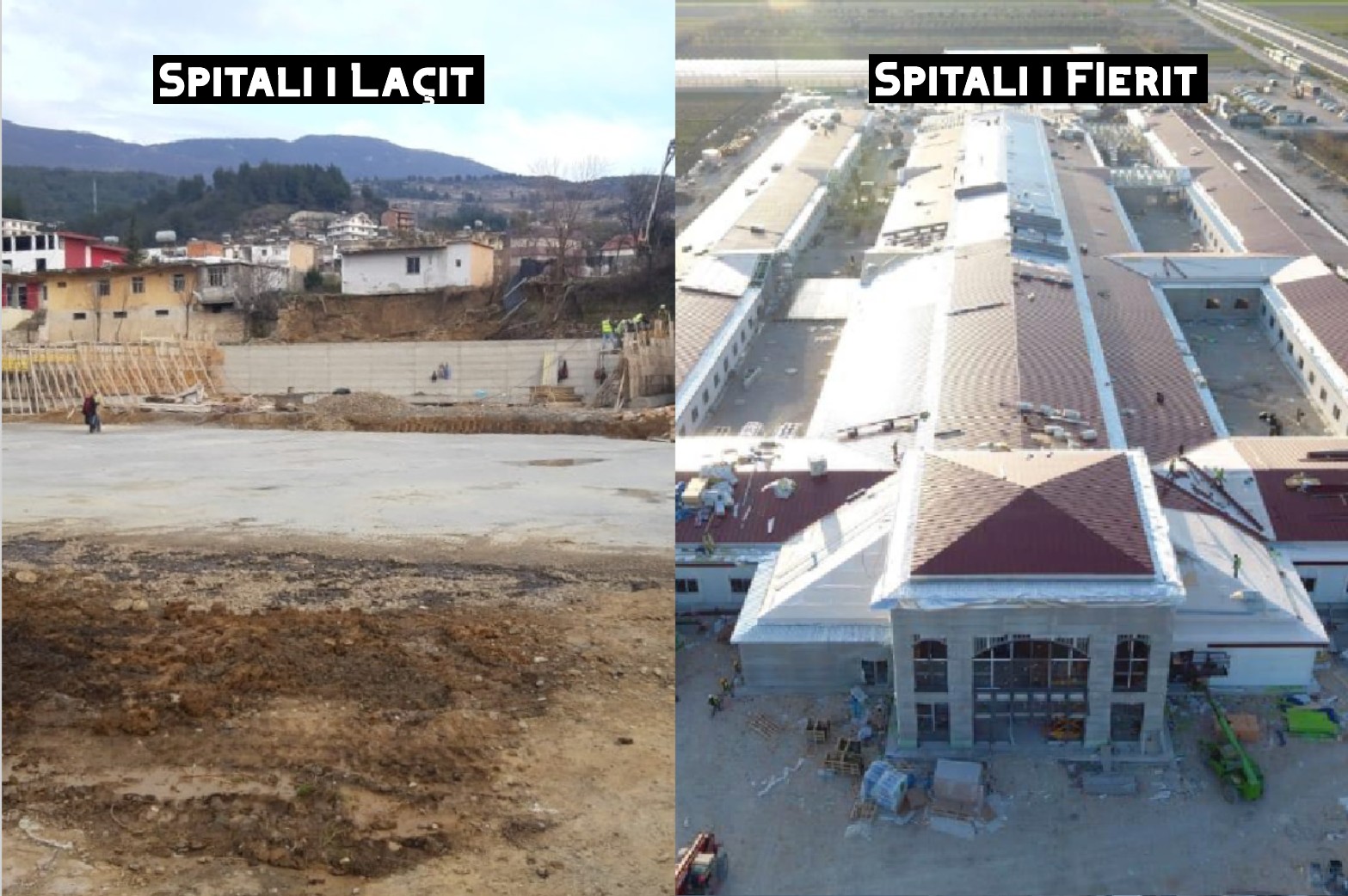Supposedly, we have evolved past the maxim that “a girl becomes a woman when she haves sex.” However, in their uncritical thirst for clicks, media outlets continue to rely on the antiquated belief, with a perverse twist: a girl stops being treated like a child when she becomes a sexual assault victim. The language used by the media, their uncritical reproduction of child predators’ defence claims and their careless publishing of identifying details obfuscates the fact that girl victims are children, who by definition cannot consent to sex with adults.
Patris Pustina
The sexual assault of a 13-year old girl in Tirana in February 2024 was covered by the media in a simple manner. Most of Albania’s online portals limited their coverage of the event to republishing the State Police’s daily press notice, wherein, among arrests for stalking and drunk driving, was nestled the arrest of a 18-year old for raping a minor and physically assaulting his wife.
However, a few days later, a daytime show decided to investigate the matter further. After going to the impoverished neighborhood where the assault took place, a journalist interviewed the victim’s father. Their work was presented to the web thusly:

Exclusive – The young man abused the 13-year old, the minor’s father: His family are asking for her hand in marriage

EXCLUSIVE/ “Since he raped her, let him marry her!” The abused girl’s father’s shocking statement
The one minute interview consists of a few questions regarding the circumstances of the assault and the minor’s well-being. After the victim’s father mentions that the assaulter’s family intends to ask for the girl’s hand in marriage, the interview takes a turn.
The journalist then proceeds to asks the man whether the 13-year old child had a previous relationship with her assaulter. She asks the victim’s father whether he would be agreeable to marrying his daughter with her assaulter.
His reply provided the coveted clickbait: “Since he did this, maybe he was thinking of taking her as his bride.” The journalist then doubles down, asking him whether he would be agreeable to his daughter’s rapist having two wives or whether he would want him to separate from his current one.
What the victim’s father may not know, and the journalist interviewing him should have known, is that a 13-year old child cannot legally consent to sex in Albania. The journalist’s line of questioning obfuscates this fact, representing the 13-year old victim as an adult who can freely consent to a ‘relationship’ or marriage with an adult man.
This is not the only instance of the media treating girls who have been sexually assaulted as if they were adults.
By uncritically reproducing the assaulters’ defense claims, the media further disseminates the impression that girls who have been sexually assaulted are not children who must be protected, but adults capable of soliciting and consenting to sex with adult men. Their consent is not, and should not be, relevant to the criminality of the act perpetrated against them.
For instance, the aforementioned TV show repeated the claims of the assaulter’s family that him and his 13-year old victim “were in a relationship and the intercourse was not imposed with violence.”
“Testimonies come out/ Saranda teenager: the 72-year old abused me for 4 years in a row! The old man: She seduced me,” reports a portal on the case of a 17-year old girl who had been assaulted for 4 years by a 72-year old man.

“Greece/ App used by 53-year old who talked to 212 clients for the 12-year old girl discovered, his confession: We had intercourse with her consent when my wife was on vacation,” is how the sexual assault and trafficking of a 12-year old girl from Greece is reported.

The media was also quick to reprint the statement of a man who had sexually assaulted his daughter for 16 years, starting from the time she was 9, impregnating her when she was 19. His defense must be a familiar one by now: “At first it started because she wanted it, then I insisted.”

Calling child sexual assault “sex” instead of “sexual assault” also obfuscates the fact that children cannot consent to sex with adults. Yet, the media consistently does so.

Speaking as if girl children can act as adults constitutes disinformation.
According to the Albanian Penal Code, intercourse with a child younger than 14 years old is punishable by law (art. 100), whether or not it is commited by violence (art. 107/a). Any solicitation by an adult made towards a child with the intent to commit intercourse is also punishable by law (art. 108).
The media treat girl victims as adults also as, in their enthusiasm to gather clicks, they expose any salacious detail with no regard towards guarding the child’s privacy. A well-known instance of this took place in 2020, when various portals published identifying information, including the names of the victim’s parents, school, and shots of her house, after the assault of a 15-year old girl.
This even though the Audiovisual Media Authority’s Code of Transmission advises outlets to avoid publishing information that may be used to identify children, especially child victims.
The perception of girl children as adults also manifests in the kind of sexual violence they experience. According to a Barnhaus report, girl children suffered rape at a higher degree than boys, “who as a primary experience reported sexual violence in the form of ‘Touching/fondling genitals’”. According to the data, “girls are seen by their abusers as an essential element of sexual activity involving rape, while boys are seen as participating in sexual “games” without having to go through rape.”
It would seem that, in their representation of girl children as functional adults, who can consent to sex with adults, the media aligns itself with child predators.
According to a BECAN study, 1 in 10 children in Albania are victims of sexual violence and harassment. The media can be a powerful and useful actor in these cases. According to a Barnhaus report, the media referred 40% of the cases of sexual violence against children the center has treated during 2019-2023. It is, thus, deeply unfortunate that media outlets, in their short-sighted thirst for clicks, choose to use their power to the detriment of the well-being of children victims.










